Can Free VPN Be Trusted? Is it Safe to Use a Free VPN?
7 min. read
Updated on
Read our disclosure page to find out how can you help Windows Report sustain the editorial team. Read more
Key notes
- VPNs are great when it comes to protecting your connection’s security and online privacy. However, not all of them can be trusted the same.
- For instance, free VPNs might sound like a great deal, considering they don’t require paid subscriptions to operate. However, they can put your security at risk.
- Visit the VPN Hub to discover more about securing your online presence with VPNs.

VPNs are great for protecting your connection’s security and online privacy. However, most reputable services require you to purchase monthly subscription plans so you can use them.
And it totally makes sense since running a VPN operation can be quite expensive. Just imagine the sheer power required to power servers, let alone purchasing them or hiring specialized personnel to operate and maintain them.
However, a pretty thick slice of the pie is owned by free VPNs.
Why do users prefer free VPNs?
As a new VPN user, you might not fully understand why you need to pay for a service that can keep your connection private, the way it’s supposed to be from the start.
Well, many fool themselves into thinking that their default connection is private. It’s widely known that if the need arises, your ISP could easily provide authorities with specific details on your online whereabouts.
Thus, they do not understand how things really are and how a VPN can improve their privacy, so they decide to try it. Only they’re not exactly ready to commit to purchasing a subscription plan.
So, many users stick to free VPN services, which are, most of the time, not exactly what they advertise themselves to be.
How does a VPN work?
A VPN essentially generates a secure, encrypted tunnel that passes your traffic. No matter the destination, a VPN will always encrypt your traffic and pass it through until it reaches the service you want to access.
However, it’s not as simple as it sounds. VPNs require a lot of power to be able to pull this kind of heist right under your ISP’s nose.
Usually, this kind of money comes from loyal subscribers. You pay for a secure, stable, and private service.
In turn, the VPN provider puts your money to good use, investing in server development, software improvement, patching things up, and even expanding the network of servers. Or that’s how it should be.
How is a free VPN different than a premium one?
For once, you may never find a free VPN that offers you the same level of privacy protection and security as a premium one. Most advanced features are limited, and you’re only given a taste of what the service can do.
For instance, you may be able to use advanced features but only connect to a bunch of non-premium servers.
You can find some premium VPNs that offer limited trials. These are either limited in functionality, or they have full functionality, but you can only use them for a short while.
Last but not least, you can find VPN services that are entirely free. These are generally the worst since they generate revenue from running ads while you use the service or collect and sell your data to whoever bids the most.
As we like to say, there’s no such thing as a free VPN; you don’t pay with money. It’s either your privacy or your security, and believe us, those two are far from being the same thing.
Can free VPN be trusted?
Look, we don’t say that ALL free VPNs are pure evil, but most of them are, and it’s easier to steer away from something that has a 50% chance of messing with your data.
Supposedly you decide to bite the bullet and get on board the free VPN bandwagon. Some things should tip you off right on the spot. Let’s call them red flags if you will.
1. The country the service is headquartered in
Generally speaking, if the VPN is based in a country popular for Internet freedom censorship, abuse, or heavy monitoring of its citizens, you should back away as soon as possible.
If you don’t know how to keep track of countries where you risk your data to be seized, you should look up 5, 9, 14 Eyes.
It might also be an eye-opener if you weren’t aware of intelligence-sharing alliances.
2. Poorly written Privacy Policy
We know, everyone wants just to skip the reading part and hope for the best. However, if you’re a responsible individual, you’ll take a few minutes and give the Terms of Use and Privacy Policy a thorough read.
If you spot contradictory claims, broken language (some non-English providers actually use Google Translate for their policies), or statements about private data collection, that’s your red flag right there.
A trusted and respected VPN will never monitor or log your online activity or record personally identifiable information from their customers. You can dodge this bullet easily by knowing your rights before using the program.
3. Data leaks while using the VPN
This might be tough if you’re not tech-savvy, but we’ll make it easy for you. Data leaks are a phenomenon that should never occur, lest the whole purpose of using a VPN is ruined.
Essentially, your VPN should be able to grab all your traffic and encrypt it. Air-tight. Absolutely no leaks.
Just for reference, since you’re using it to connect to the world wide web, your ISP is ever-listening to your connection. Even a second’s worth of leaking your real IP address, location, WebRTC, or DNS can jeopardize your privacy.
You’ll flare up like a Christmas tree, and show on your ISP’s metaphorical radar. The bad news is that you can’t ever know you’re leaking data without specialized tools.
The great news is that we’ve prepared a list of online services that could test your VPN‘s ability not to leak your data.
- IPleak.net
- IPX.ac
- ExpressVPN’s security tools (IP check, DNS leak, WebRTC Leak)
- BrowserLeaks
- DNSleaktest.com
Running a simple test on either one of those services can easily assess if your VPN is safe enough and doesn’t leak important data. However, if you’ve decided to use a free VPN, we suggest testing it on multiple platforms.
It so happened that the same test came out negative on two of these services, but data leaks were picked up during our third test. Stay safe.
4. Poor customer support
Check out their customer support if you plan to use a free VPN service in the long run. It’s your right, after all, to know how customer support handles things when there’s an issue.
More so, don’t be afraid to ask tough questions, such as:
- What’s your policy on collecting personally identifiable data? (especially if there’s little or no mention of it in the privacy policy)
- Do you monitor online activities such as traffic, visited websites?
- Under what circumstances will you share data you hold with third parties?
- How do you handle DMCA takedown notices?
- Do you allow torrenting?
You get the point. A competent customer support agent should be able to answer these questions on the fly, without checking with their superiors or beating it around the bush.
If you notice that the customer support stalls you or avoids the question, you may consider switching to another service.
What’s the best VPN without registration?
If you’ve decided to stick with a free VPN service but are in no mood for further investigation, you should do it right.
We’ve checked for the best VPNs you can use without registration, and the ones on our list should be good enough for your needs.
Note that these services won’t be as good as their premium counterparts.
However, they’re good enough if you need occasional VPN service. And if you’re not worried too much about having a vast selection of servers, you can choose from.
Plus, they won’t collect your data and run away with it.
Some free VPNs could be trusted
To sum it up, we’re not entirely sure using a free VPN is altogether safe. It definitely isn’t if you don’t perform thorough background checks before deciding to stick with a certain service.
However, we’ve given you some solid indicators for detecting whether a service is trustworthy. More so, we’ve included a list of curated free VPN services that you won’t be disappointed in. And if you happen to have an Arris router that supports VPN client mode, feel free to set up a VPN account so that all your household devices can take advantage of secure VPN connections.




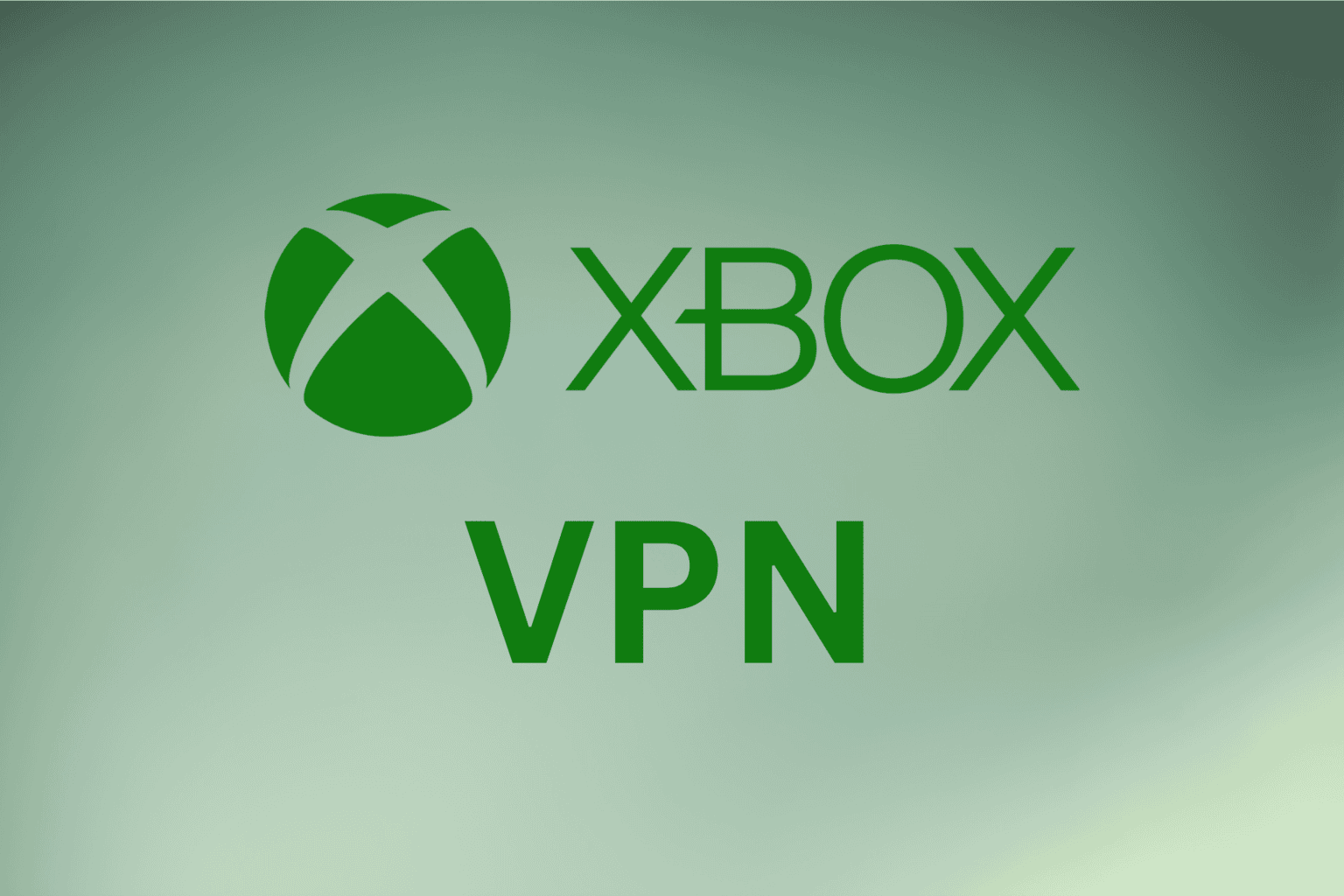
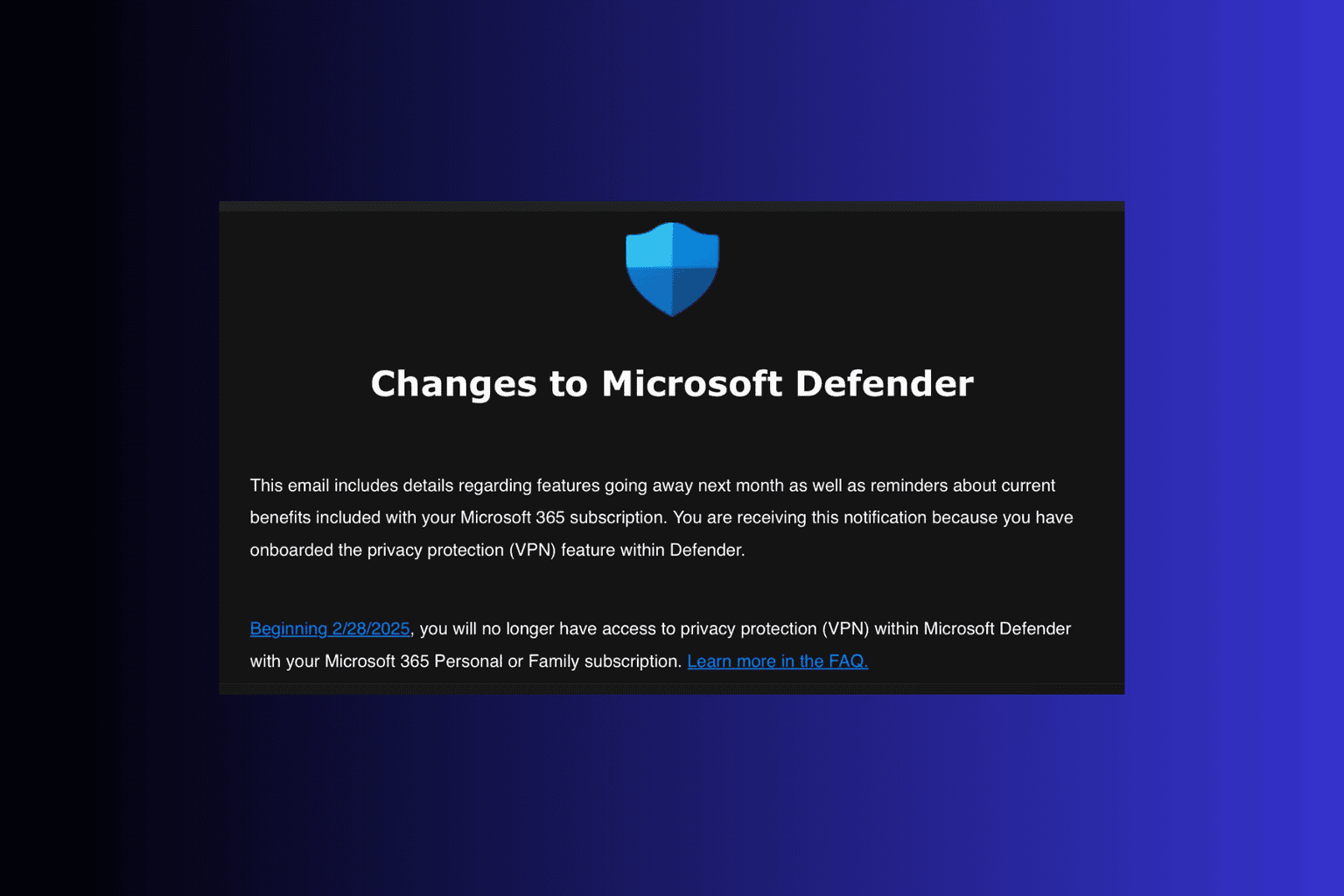
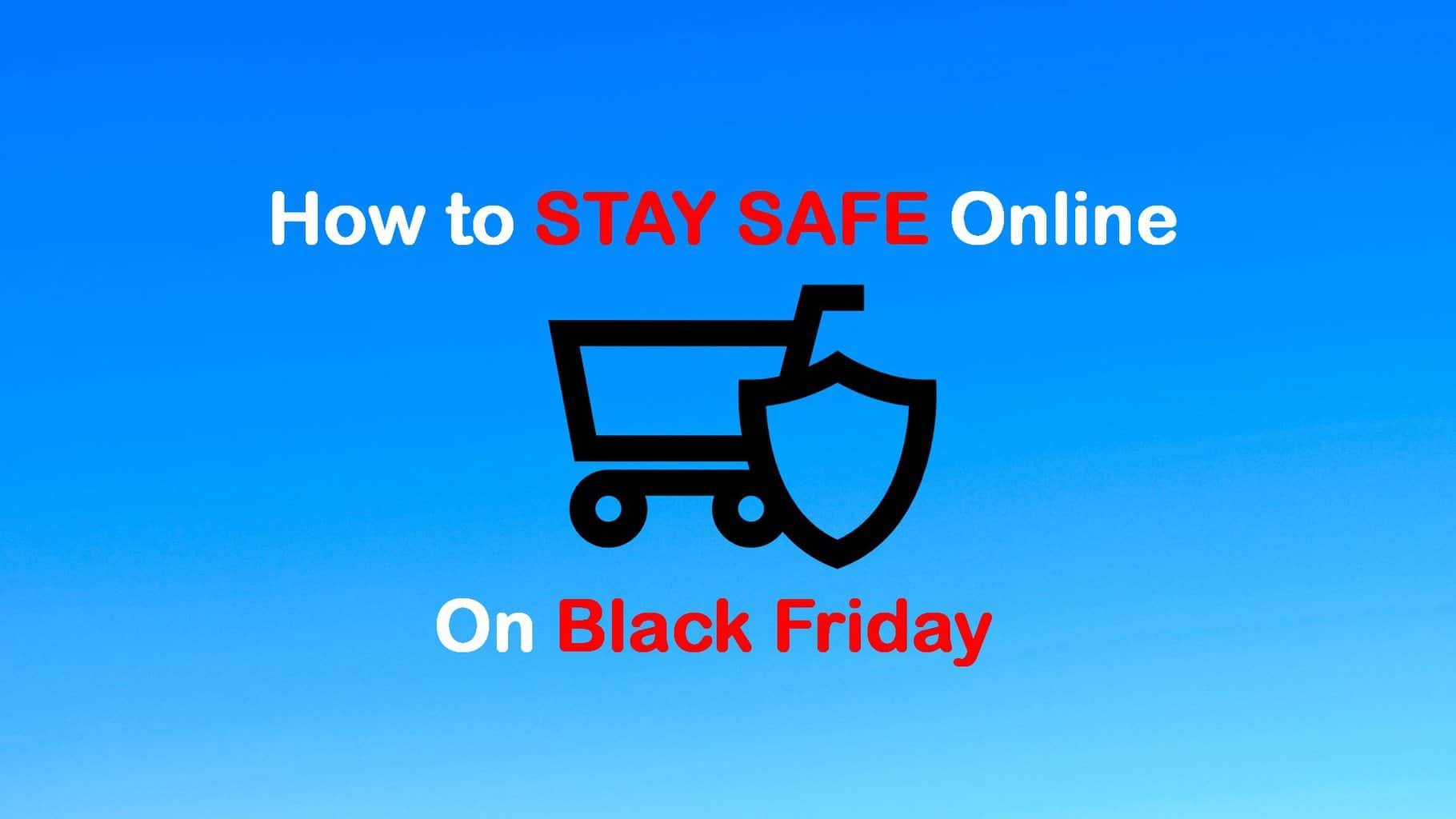

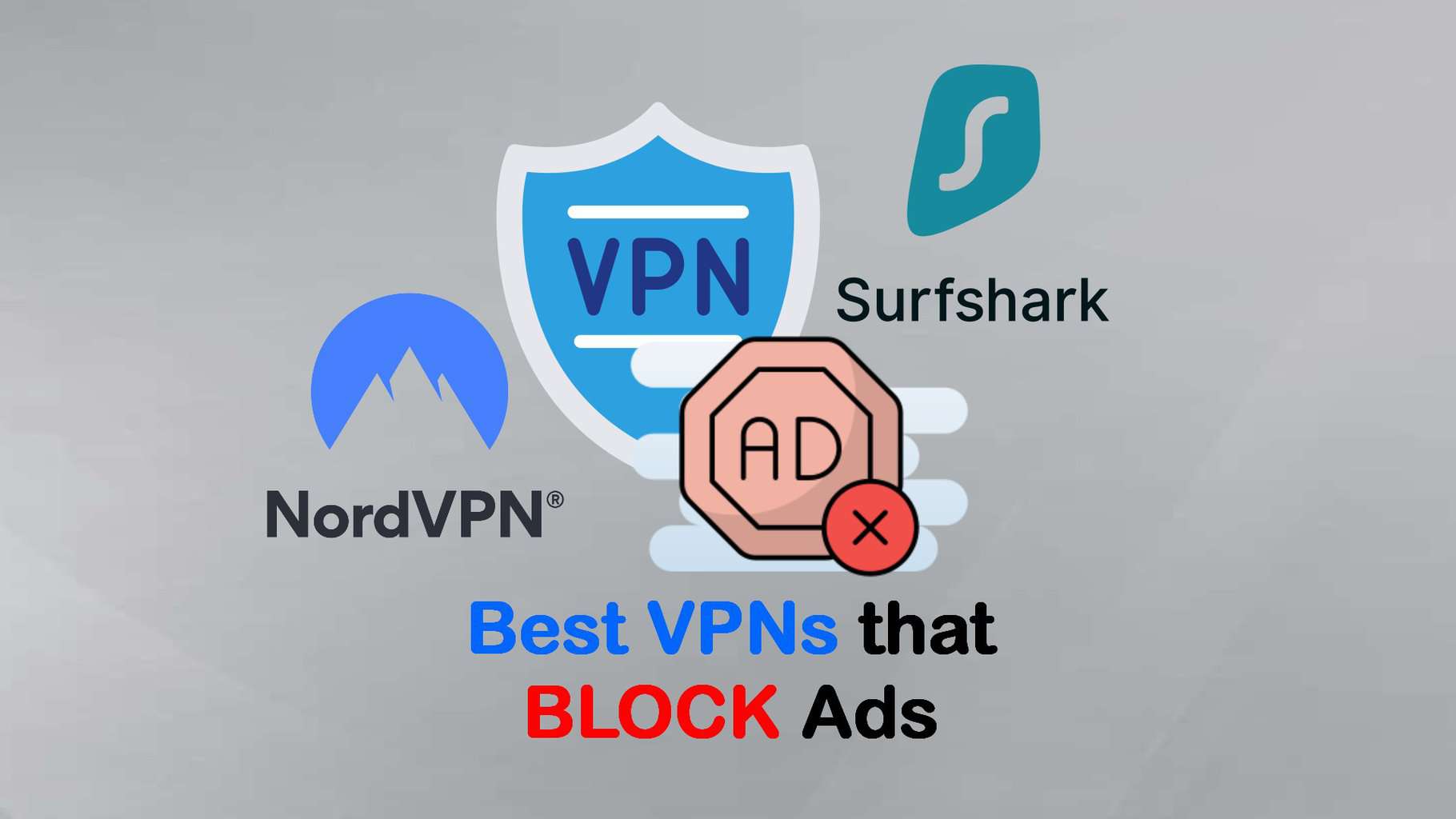
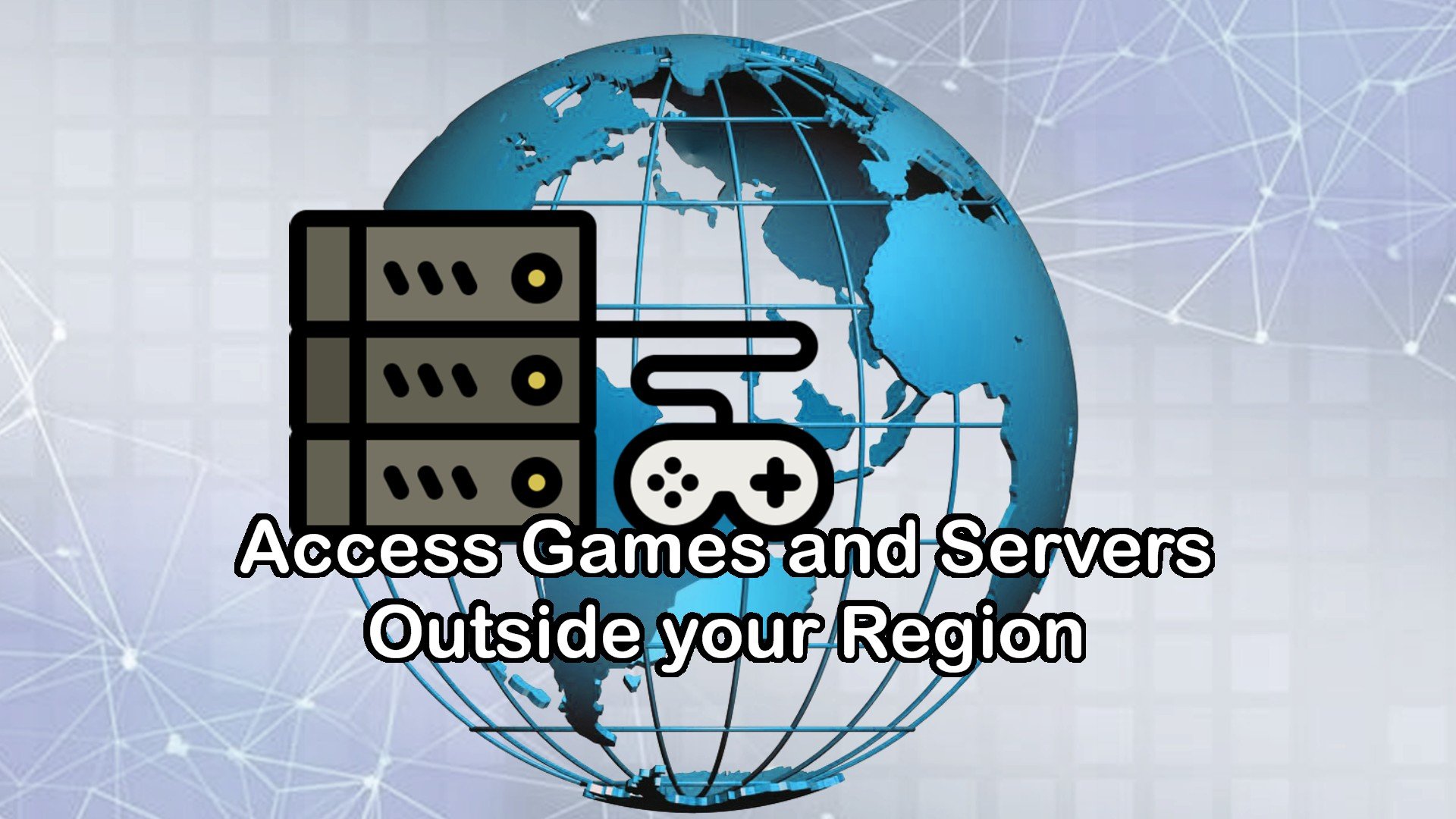

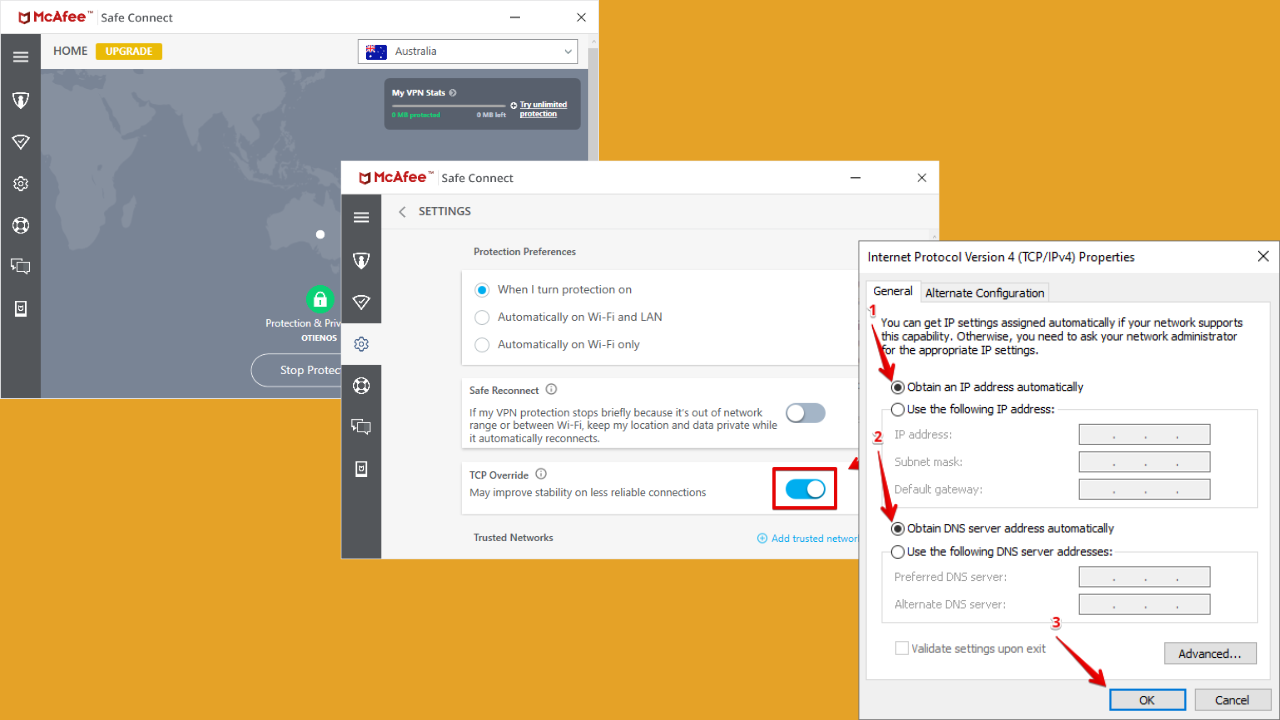
User forum
0 messages